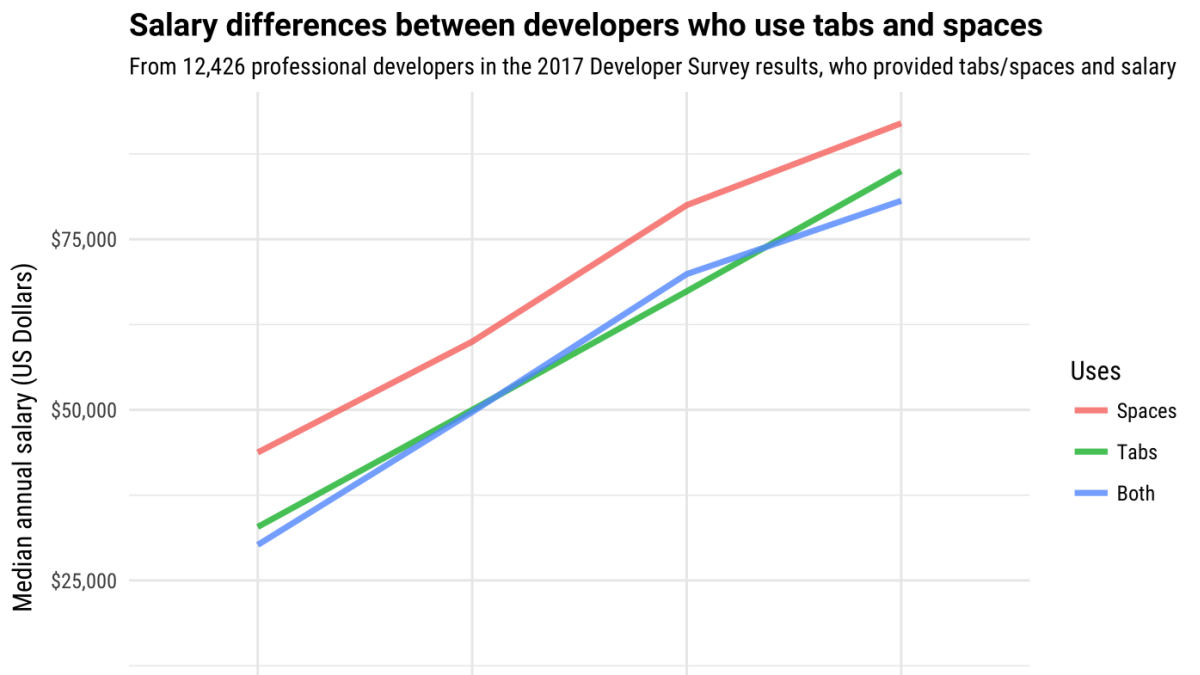Secondary gains are the consequences that accompany situations in which we feel bad or simulate a negative feeling, and paradoxically, they have something positive for those who obtain them.
Something positive? It can turn into something very dangerous, because it is a stimulant or a reward that will encourage us to return to the unpleasant situation.
- For example.
- A disease can involve a reaction from others to the sick person.
- Care.
- Attention.
- Displays of affection.
- And condescension.
- In addition.
- There may be a secondary gain from not having to go to work.
- Or better working conditions suitable for illness.
- Government assistance.
- Etc.
There are so many good things anyone might think about Why am I going to get involved in healing if, in exchange for more or less bearable pain, I get a lot of positive things?
Secondary benefits can be very subtle and hidden, so the recipient may not be aware of the benefits they receive.
The person who suffers a discomfort due to an illness or emotions that oppress him, is actually an unhappy person and often complains about his situation.
However, he acknowledges that his situation could be worse, because despite the suffering, what happened gives him some privileges, such as having people he loves around, running out of work, making changes to people close to him, because they will do their best. . to improve the condition and pain of the sick person, etc. ?
Secondary gains are an advantage, in discomfort, for those who receive them, but they are a great tension for those with whom they live, because they suffer as if the discomfort of the sick is theirs.
Family members, spouses, close friends or loved ones are the ones who suffer the worst consequences because they may believe that the sick person will be cured or improved is something that depends on their behavior.
This burden eventually becomes an addiction for both people, as the person going through your process will depend on those who care for it.
Thus, within this dependence that forms the patient in front of people who facilitate secondary gains, it is very easy to get carried away by emotional blackmail. That is, the sick person may end up blaming, demanding or accusing the caregiver of the progression of their illness or health, to get what they expect.
Can we see an example of that in those people who have an anti-anger state of irritation, anger or fury, etc. ?They often blame others for their reaction and discomfort. Also, do you expect the other person to change, apologize or acknowledge error, maintain irritation, anger, etc. ?for a long time. They maintain their posture as a pressure measure: hoping to feel better only when the other shows some kind of change in the desired direction.
Thus, in this way, the culprit will tend to give in to avoid the conflict or discomfort caused by the emotionally affected person.
People who gain some kind of secondary gain avoid therapeutic changes because, despite the discomfort, the reward obtained with this condition is greater.
However, as it is an unconscious process, both in gain and endurance, when the person realizes it, he usually works more deeply in his change of attitude and, therefore, in improving his physical and psychological health.

